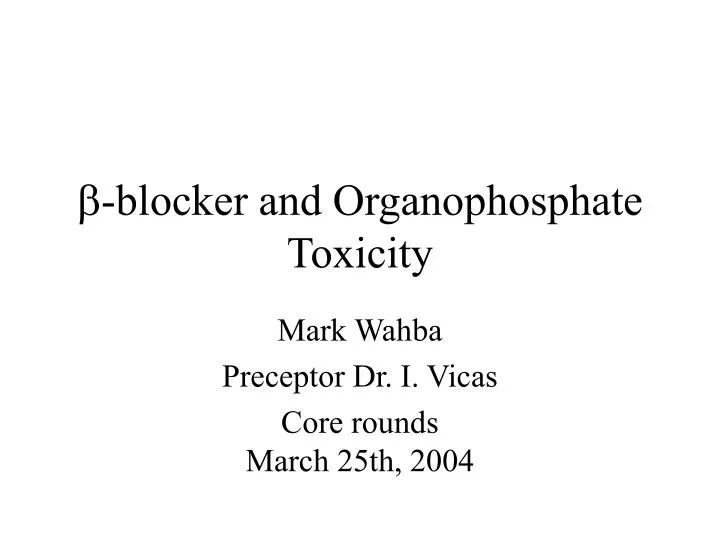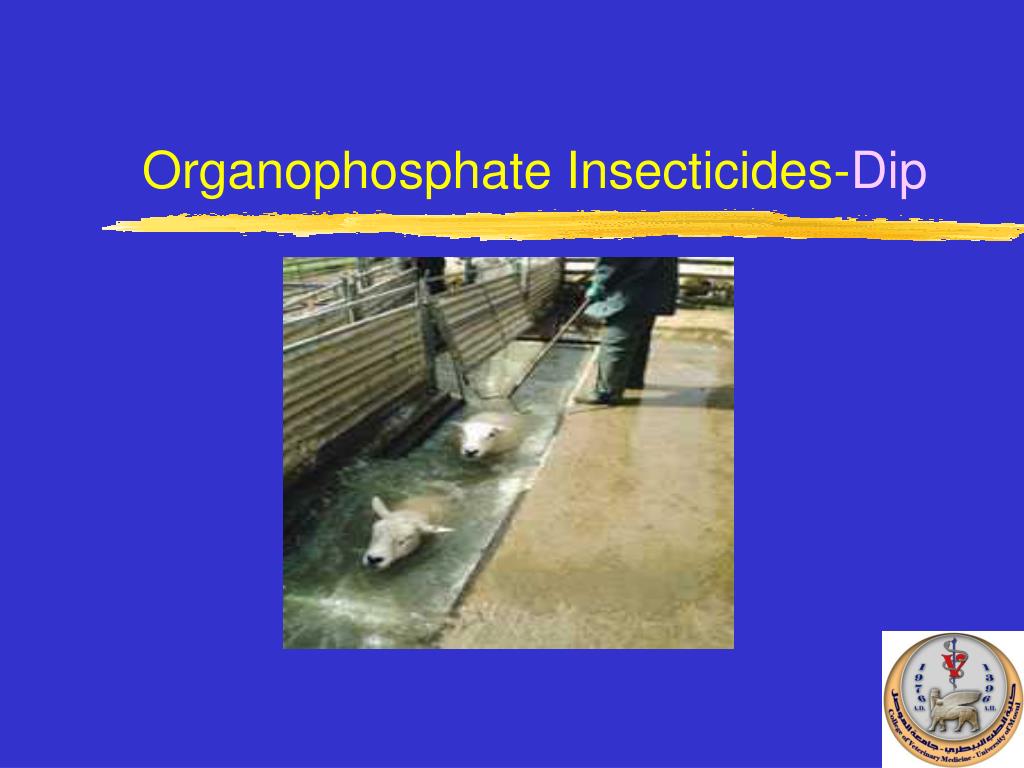
Since Turkey is an agriculture-based country, organophosphates (OP) still remain the main agent for crop protection and pest control and therefore harm people who are overexposed accidentally while handling the pesticides. There is a need for future studies to reveal the underlying factors responsible for acute OP poisonings in Turkey and accordingly to solve these problems and thereby reduce the incidence of acute OP cases. Key Messages: Our study contributes substantial information regarding the epidemiology and outcomes of acute OP poisonings in a tertiary care training hospital in a rural area its relatively small sample size and its being a retrospective record-based study are limitations of the study. Mean intensive care unit stay was 5.9 days. The reason for poisoning was suicide in 80.9% and accident in 19.1%. A total of 47 patients were included in the study of whom 70.2% were female and 29.8% were male. The data were presented as mean ± standard deviation, analyzed with SPSS software. Data regarding age, gender, duration of hospitalization, severity, complications, and outcome of the patients were recorded.

Summary: After Institutional Review Board approval, this retrospective study was performed by evaluating the hospital records of patients admitted to an intensive care unit with acute OP poisonings.

Acute toxicity manifests as cholinergic crisis with glandular secretions, myasthenic-like syndrome, peripheral neuropathies, neuropsychiatric abnormalities, extrapyramidal disorders, altered mental status, and weakness. Exposures to OP cause a significant number of poisonings each year and lead to deaths. Background: Organophosphates (OP) are frequently used as pesticides around the world in agriculture.


 0 kommentar(er)
0 kommentar(er)
